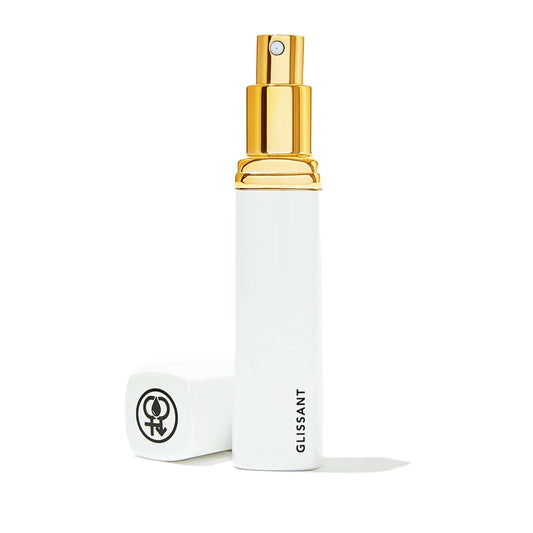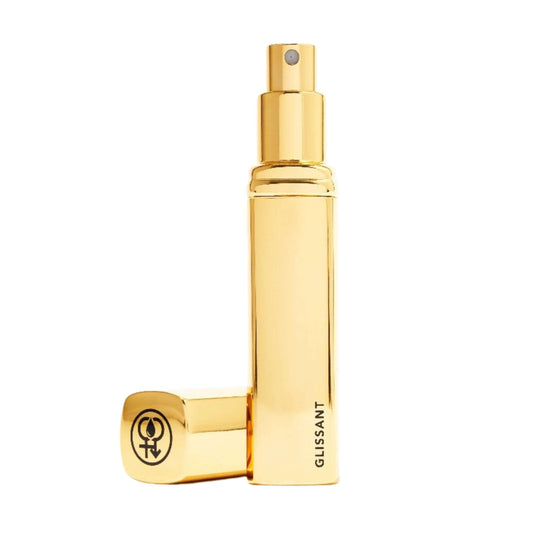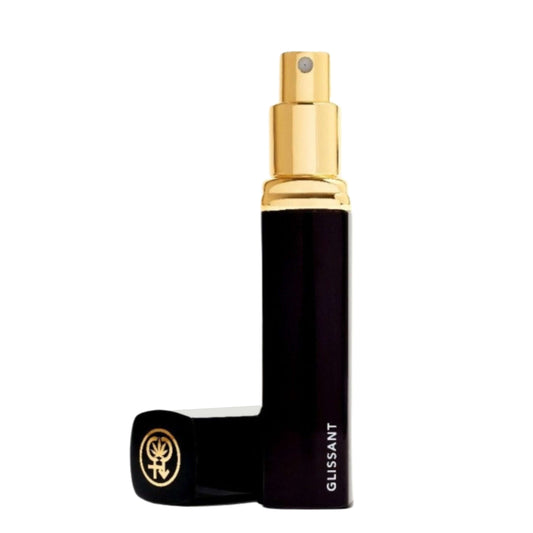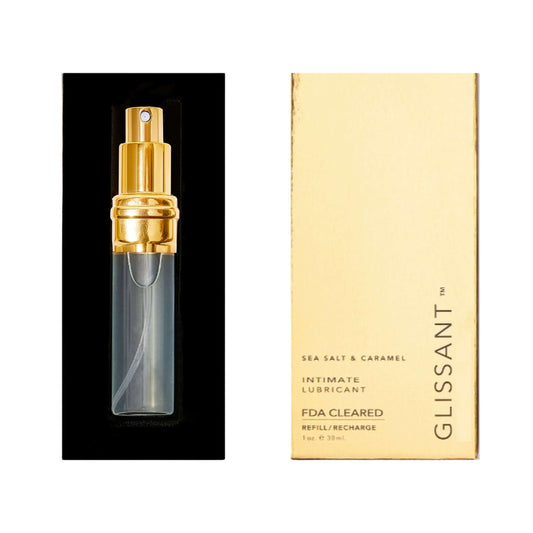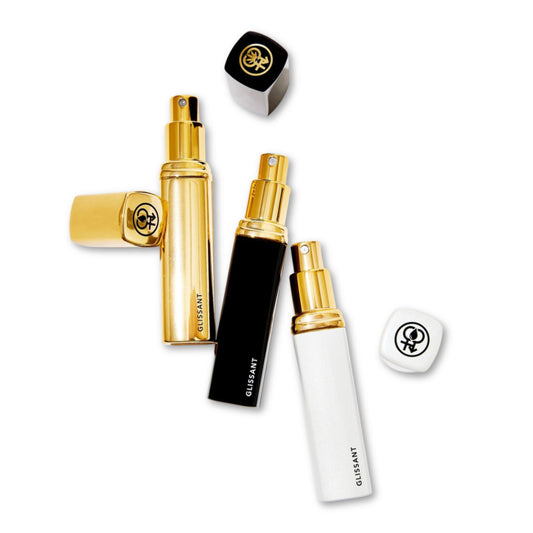
Can Sex Make Your Period Come Early?
Share
You had sex last night, and now your period seems to have arrived a few days ahead of schedule. Is this just a coincidence, or did the sex actually trigger your menstruation?
This is a question many people wonder about but feel hesitant to ask. The timing can feel too connected to ignore, but here's the truth: sex doesn't actually cause your period to start early. Your menstrual cycle is controlled by hormones, not sexual activity. However, there are some reasons why you might notice bleeding after sex that can make it seem like your period arrived unexpectedly.
In this article, we'll break down the science behind your menstrual cycle, explain why bleeding after sex happens, and help you understand when to seek medical advice. By the end, you'll have a clearer picture of what's normal and what deserves a closer look.
The Science: Does Sex Actually Trigger Your Period?
Let's start with the basics. Your menstrual cycle is regulated by a complex dance of hormones, primarily estrogen and progesterone. These hormones rise and fall throughout your cycle, preparing your uterus for a possible pregnancy. When pregnancy doesn't occur, hormone levels drop, triggering the shedding of the uterine lining, your period.
Sexual activity doesn't influence these hormonal fluctuations. Your body follows its own internal calendar, regardless of when or how often you have sex.
That said, there's a reason why sex and period timing might seem related. If you're already close to starting your period, orgasmic contractions can push out menstrual blood that's already present in your uterus. This can make it appear as though sex triggered your period, when really, your cycle was about to start anyway.
Here's what's actually happening:
- Your period was already on its way, and the timing was simply coincidental
- Uterine contractions from orgasm moved blood that was already there
- If you have regular sex and a regular cycle, timing overlaps are completely natural
Bottom line: Sex and your period cycle are not directly connected. Hormones control when your period starts, not sexual activity..
When It's Not Your Period: Understanding Postcoital Bleeding
Sometimes, bleeding after sex isn't your period at all. This is called postcoital bleeding, and it's more common than you might think.
How can you tell the difference?
Postcoital bleeding typically:
- Happens immediately or within hours after sex
- Is lighter than a normal period
- May be pink or brown in color rather than the typical menstrual red
- Doesn't come with typical period symptoms like cramps or mood changes
Your period typically:
- Follows your usual cycle pattern
- Starts with lighter flow that becomes heavier
- Is accompanied by familiar symptoms like bloating, cramps, or breast tenderness
- Lasts several days with consistent flow
If you're noticing bleeding right after sex that doesn't match your typical menstrual pattern, you're likely experiencing postcoital bleeding rather than an early period.
Common Causes of Bleeding After Sex
Bleeding after sex can happen for several reasons. Most of them are manageable and not serious, but it's important to understand what might be causing it.
Vaginal Dryness and Irritation
One of the most common causes of post-sex bleeding is vaginal dryness. When there isn't enough natural lubrication, friction during sex can cause tiny tears in the delicate vaginal tissue.
What causes vaginal dryness?
- Hormonal changes from birth control, menopause, or breastfeeding
- Not enough time spent on foreplay
- Certain medications that reduce moisture
- Stress and anxiety
How to address it:
- Use a high-quality, natural lubricant like those from Glissant
- Spend more time on foreplay to allow your body to naturally lubricate
- Stay hydrated throughout the day
- Consider talking to your doctor about hormonal factors
Infections and STIs
Sexually transmitted infections (STIs) and other vaginal infections can make your cervix and vaginal tissues more sensitive, leading to bleeding after sex.
Common infections that cause bleeding:
- Chlamydia and gonorrhea
- Bacterial vaginosis
- Yeast infections
- Trichomoniasis
If left untreated, some of these infections can lead to pelvic inflammatory disease (PID), a more serious condition that requires medical attention.
What to do:
- Get tested regularly for STIs, especially if you have new or multiple partners
- Watch for other symptoms like unusual discharge, odor, or itching
- See your healthcare provider if you suspect an infection
- Complete any prescribed treatment fully
Hormonal Factors and Ovulation
Hormonal fluctuations during your menstrual cycle can make your cervix more sensitive, particularly around ovulation. Some people experience light spotting during ovulation, which typically occurs about two weeks before your period.
How hormones affect bleeding:
- During ovulation, estrogen levels spike and then drop, which can cause light spotting
- Changes in birth control can affect bleeding patterns
- Hormone imbalances may contribute to irregular bleeding
Medical Conditions to Consider
While less common, certain medical conditions can cause bleeding after sex:
Cervical ectropion: This occurs when cells from inside the cervical canal grow on the outside of the cervix. It's usually harmless but can cause bleeding.
Polyps and fibroids: These benign growths in the uterus or on the cervix can bleed when irritated during sex.
Endometriosis: This condition, where uterine tissue grows outside the uterus, can cause pain and bleeding.
Less common concerns: In rare cases, bleeding after sex can be a sign of cervical or uterine cancer, which is why persistent bleeding should always be evaluated by a doctor.
What to Do About Bleeding After Sex
If you're experiencing bleeding after sex, here are some practical steps you can take.
Immediate Steps You Can Take
Use lubrication: A premium, doctor-recommended lubricant can prevent dryness-related bleeding. Water-based formulas like Glissant's Hydratant D'Amour are gentle, hormone-free, and compatible with condoms and toys.
Prioritize foreplay: Give your body time to naturally lubricate. Arousal increases blood flow and moisture, making sex more comfortable.
Take a break: If bleeding persists, avoid penetrative intercourse temporarily to allow any irritation to heal.
Communicate with your partner: Talk openly about what feels comfortable and what doesn't. Adjust positions or techniques that may be causing discomfort.
When to See Your Healthcare Provider
While occasional light bleeding after sex isn't always cause for alarm, certain symptoms warrant a doctor's visit:
See a healthcare provider if you experience:
- Heavy bleeding after sex
- Bleeding that happens regularly after sex
- Pain during or after sex
- Unusual discharge with an odor
- Bleeding between periods that's not related to sex
- Any bleeding after menopause
What to expect at your appointment:
Your doctor will likely perform a pelvic exam to check for signs of infection, inflammation, or abnormal growths. They may also:
- Take swabs to test for STIs
- Perform a Pap smear to check for cervical changes
- Order an ultrasound if they suspect fibroids or other structural issues
Treatment options depend on the cause:
- Infections are typically treated with antibiotics or antifungal medications
- Hormonal issues may be addressed with birth control adjustments
- Polyps or fibroids may require removal if they're causing symptoms
Prevention Strategies
You can reduce your risk of bleeding after sex by taking these steps:
Use lubrication consistently: Even if you don't think you need it, adding a natural lubricant can reduce friction and protect delicate tissues.
Schedule regular gynecological checkups: Annual exams help catch potential issues early.
Get tested for STIs regularly: Especially important if you have new partners or multiple partners.
Stay hydrated and maintain overall health: Good circulation and tissue health support vaginal wellness.
Communicate openly with partners: Make sure you're both comfortable with the pace and intensity of sexual activity.
Your Intimate Wellness Matters
Bleeding after sex doesn't necessarily mean your period came early. In most cases, it's related to dryness, hormonal changes, or minor irritation that might cause slight discomfort but can be easily addressed. However, if you're experiencing persistent or heavy bleeding, it's important to see a healthcare provider to rule out any underlying conditions.
Remember, your comfort and pleasure during intimacy are essential. Don't ignore signs that something might need attention, and never feel embarrassed about seeking help. Your body deserves care, and understanding what's normal for you is an important part of maintaining your sexual health.
At Glissant, we believe intimate wellness is a vital part of self-care. Explore our collection of natural, doctor-recommended lubricants designed to enhance comfort and confidence. Whether you're dealing with dryness or simply want to elevate your intimate experiences, we're here to support you.
Listen to your body, seek medical advice when needed for peace of mind, and prioritize your comfort and pleasure. You deserve intimacy that feels good in every way.
Frequently Asked Questions
1. Can period and sex cause spotting?
Yes, sex near the end or start of your period can cause spotting due to orgasmic contractions pushing out residual blood. It’s not your period starting early, just existing blood being moved.
2. How does sex affect the period cycle?
Sex doesn’t change your cycle, which is controlled by hormones. Regular sex and a regular cycle may occasionally overlap in timing.
3. Why do I bleed after sex?
Bleeding can result from vaginal dryness, infections, hormonal changes, or conditions like cervical ectropion. Using quality lube and proper foreplay can help.
4. Can orgasms start your period?
Orgasms don’t start your period early but can push out blood if you’re close to menstruating, making it seem like sex triggered your period.





